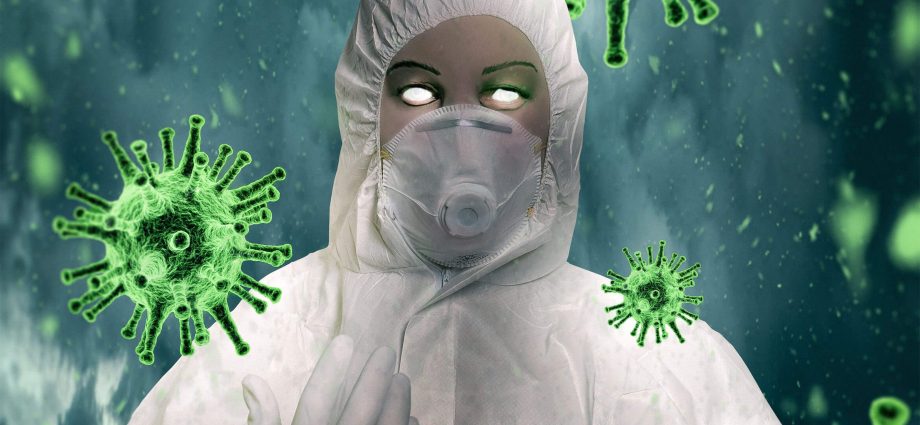The infection affects the psyche and brain function. Now scientists have studied the dreams of the sick and made unexpected conclusions.
Nightmares in patients can be triggered by coronavirus — this is the conclusion of an international group of scientists whose article I totonu o le mekasini Natura ma Saienisi o le Moe.
The authors analyzed part of the data collected during a large international study that was devoted to studying how the pandemic affected human sleep. The data was collected during the first wave of the pandemic, from May to June 2020. During this study, thousands of residents of Austria, Brazil, Canada, Hong Kong, Finland, France, Italy, Norway, Sweden, Poland, the UK and the USA told about how they sleep.
Of all the participants, scientists selected 544 people who had been ill with covid, and the same number of people of about the same age, gender, socio-economic status who did not encounter the infection (control group). All of them were tested for symptoms of anxiety, depression, stress, post-traumatic stress disorder (PTSD), and insomnia. In addition, using a questionnaire, the researchers determined the current psychological state of the participants, their quality of life and health, as well as the quality of their sleep. In particular, participants were asked to rate whether they began to remember their dreams more often during the pandemic and how often they began to suffer from nightmares.
As a result, it turned out that in general, during the pandemic, people began to have more vivid, memorable dreams. As for nightmares, before the pandemic, all participants saw them with about the same frequency. However, after it began, those who had been ill with covid began to experience nightmares significantly more often than participants in the control group.
In addition, the covid group scored significantly higher on the Anxiety, Depression, and PTSD Symptom Scale than the control group. Nightmares were more frequently reported by younger participants, as well as those who had severe COVID-XNUMX, slept little or poorly, suffered from anxiety and PTSD, and generally remembered their dreams well.
“We are only just beginning to understand the long-term consequences of the virus not only for physical health, but also for mental health and cognitive function,” the researchers note.










